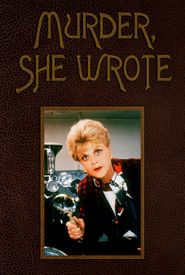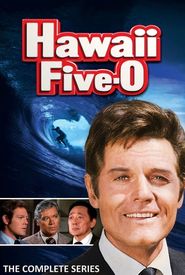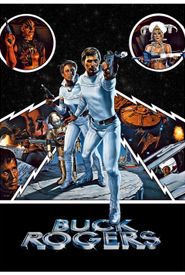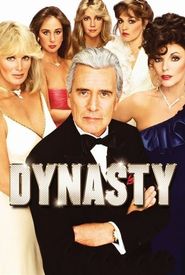Philip Leacock, a renowned filmmaker, was born and raised in the picturesque Canary Islands. He pursued his educational endeavors at the esteemed English boarding school, Bedales. Leacock's entry into the film industry commenced in 1935 as a camera assistant, marking the beginning of a long and illustrious career.
As World War II unfolded, Leacock served with the Army Kinematograph Service, gaining valuable experience and honing his skills. Following the war, he joined the Crown Film Unit in 1948, making his directorial debut with the critically acclaimed film "Life in Her Hands" in 1951.
Leacock's previous work on documentaries proved to be a significant factor in the success of his second film, "The Brave Don't Cry," released in 1952. This critical success led to his signing with the Rank Organisation as a contract director.
Throughout his career, Leacock developed a reputation for working exceptionally well with children. As a result, many of his films, such as "The Spanish Gardener" (1956),centered around children, while others, like "Take a Giant Step" (1959),focused on adolescents.
In 1963, Leacock made the transition to Hollywood, where he primarily focused on directing episodic television and made-for-TV movies. He eventually retired in 1987 and passed away three years later while on vacation in London.










































